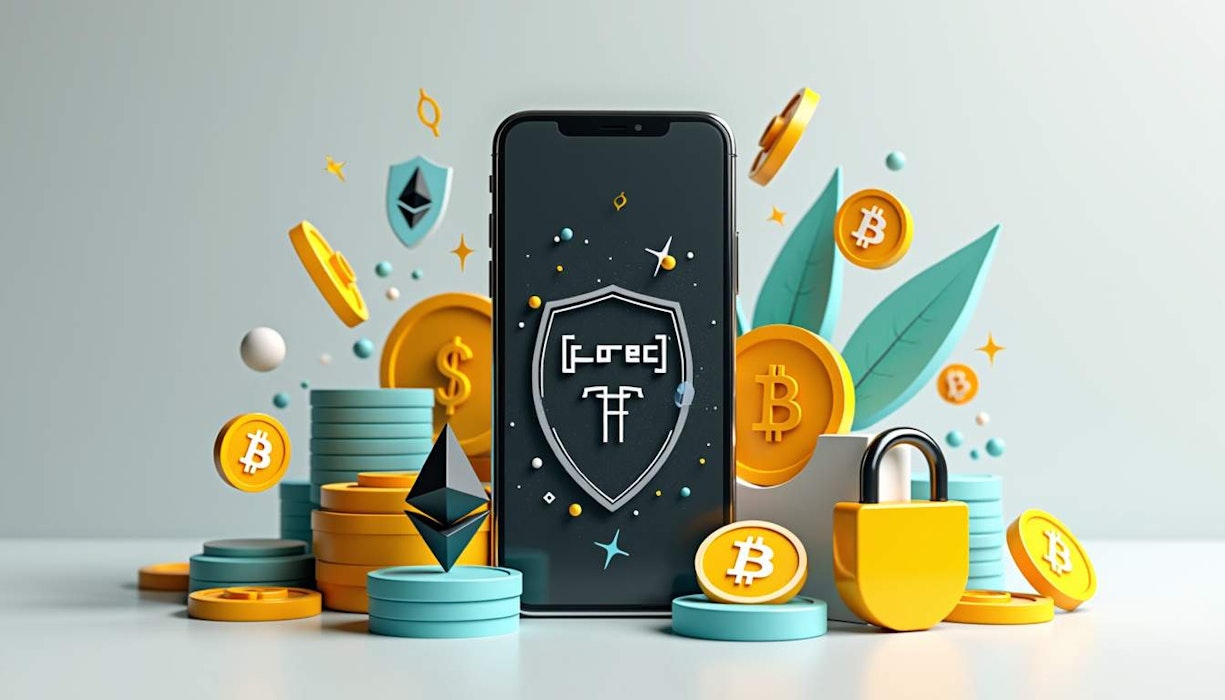I recently came across something that made me a bit paranoid, and I think it might do the same to you. There's this new malware called Octo2 that's specifically targeting mobile banking users. Yeah, it's as bad as it sounds. This thing can capture everything from your login credentials to those pesky 2FA codes we all love using. And get this—it can even bypass traditional security measures. So if you're using one of those "safe crypto apps" thinking you're protected, you might want to think again.
How It Works and Why You're Probably Already Vulnerable
Octo2 isn't some run-of-the-mill malware; it's advanced enough to evade detection by most antivirus software out there. Traditional security relies on identifying known threats through signatures, but what happens when the threat is so new that no one knows about it yet? Or worse, what if it morphs itself into something unrecognizable? That's where Octo2 shines.
This malware is also capable of executing on-device fraud without leaving a trace. Imagine entering your details into what you think is a secure app crypto only to have them sent straight to hackers in real-time.
Counterfeit Apps: The Trojan Horses
One of the scariest things about Octo2 is how it gets onto your device in the first place—through counterfeit apps that look legit at first glance. These fake apps often require unnecessary permissions and can be spotted if you're savvy enough. A few tips include checking:
- Download Counts: Low numbers for popular services? Red flag.
- App Permissions: Is it asking for access to your camera when there's no reason for that?
- Developer Name: Does it match the official one?
Protecting Your Crypto Assets
So how do we protect ourselves? Here are some strategies I've gathered:
-
Open a Crypto Account with Reputable Services: Make sure you're using well-known platforms.
-
Use Trusted Crypto Apps: There are plenty of safe cryptocurrency applications out there; just do your homework.
-
Private Key Protection: If you're holding any significant amounts, consider hardware wallets.
-
Network Security: Use VPNs and firewalls; don't let those hackers get easy access.
-
Continuous Monitoring: Keep an eye on your accounts for any suspicious activity.
By following these practices, you can significantly lower the risk of falling victim to something like Octo2.
Summary
As someone who's dabbled in crypto online for a while now, I can't stress enough how important it is to stay ahead of these threats. Cybersecurity isn't just an IT department's job anymore; it's personal hygiene in this digital age we're living in.
If there's one takeaway from this article, it's that being proactive beats being reactive every time—especially when dealing with something as insidious as Octo2 malware.
Stay safe out there!
